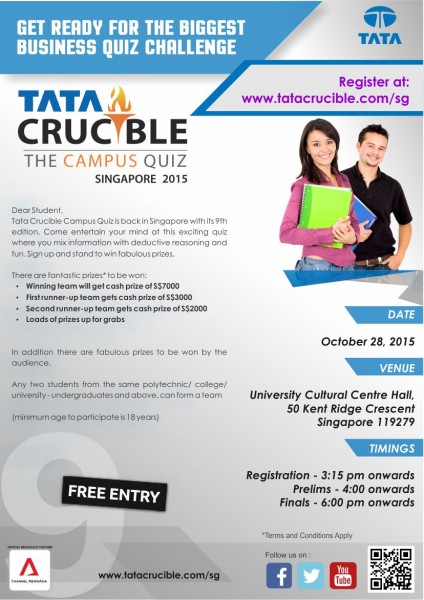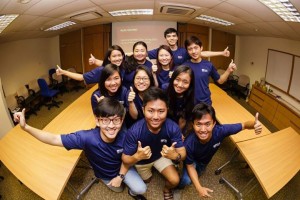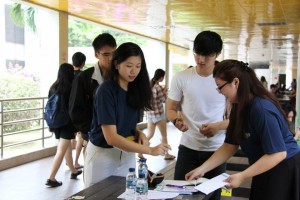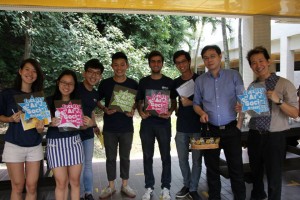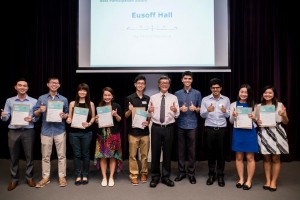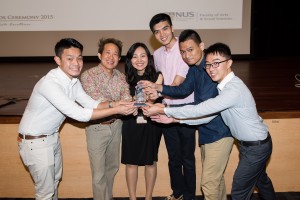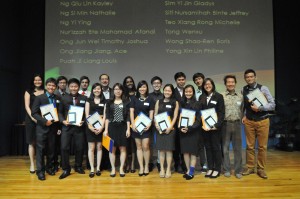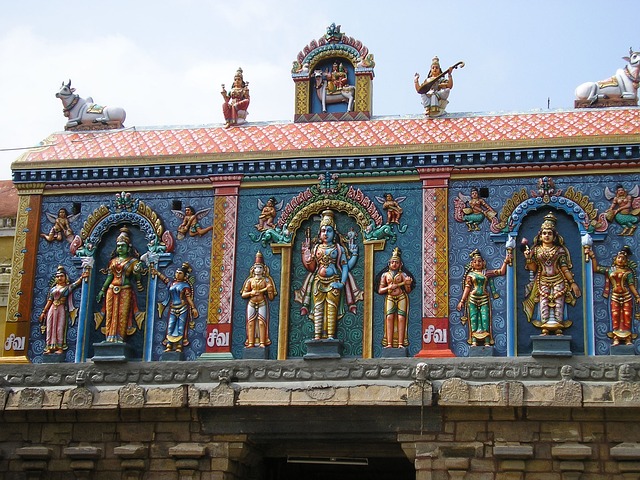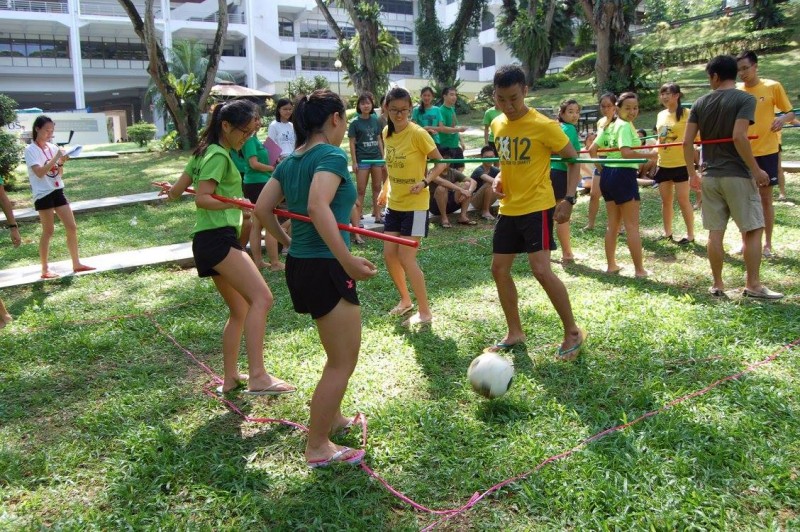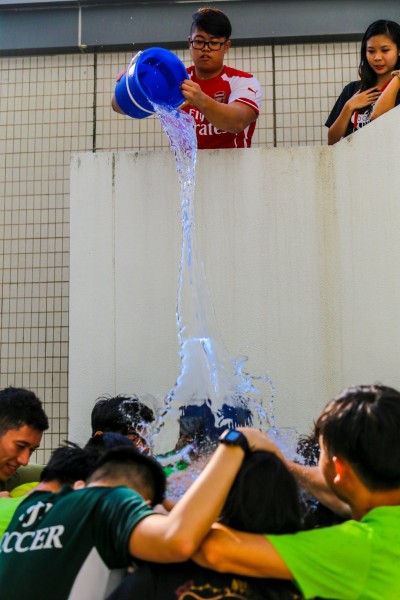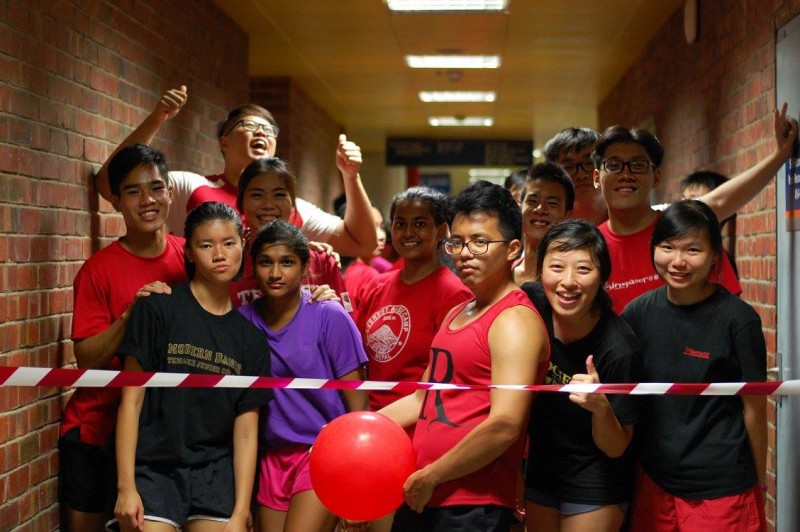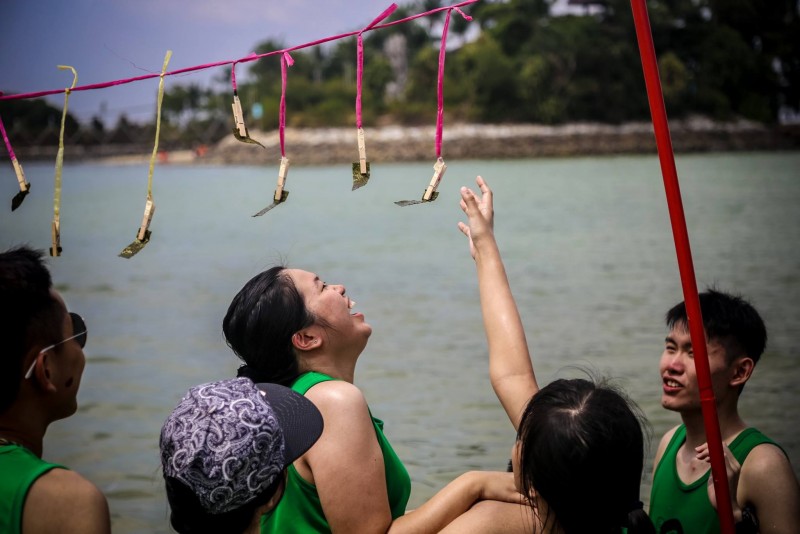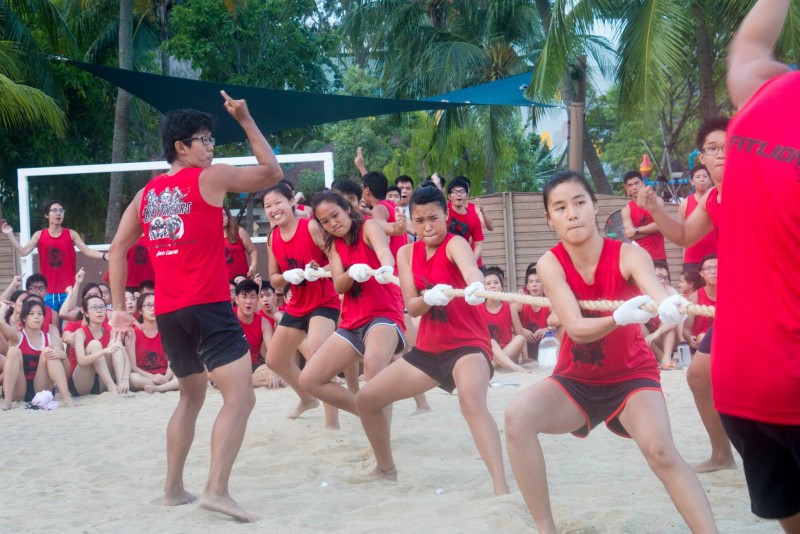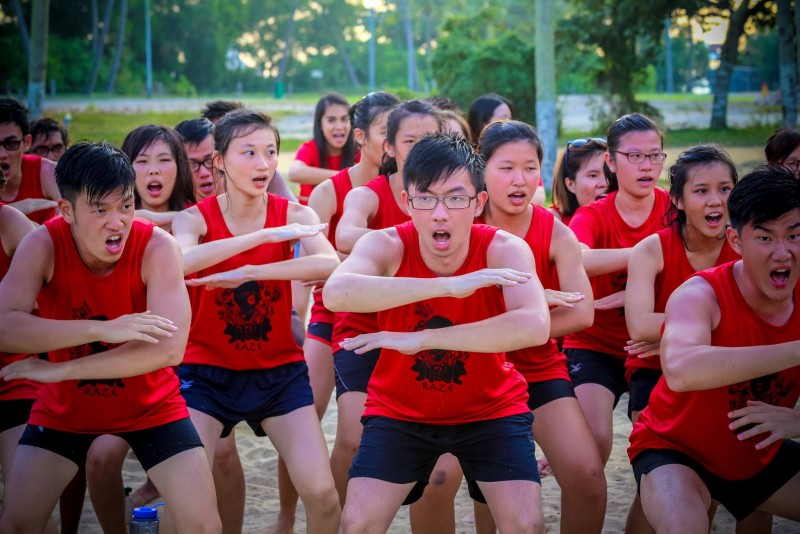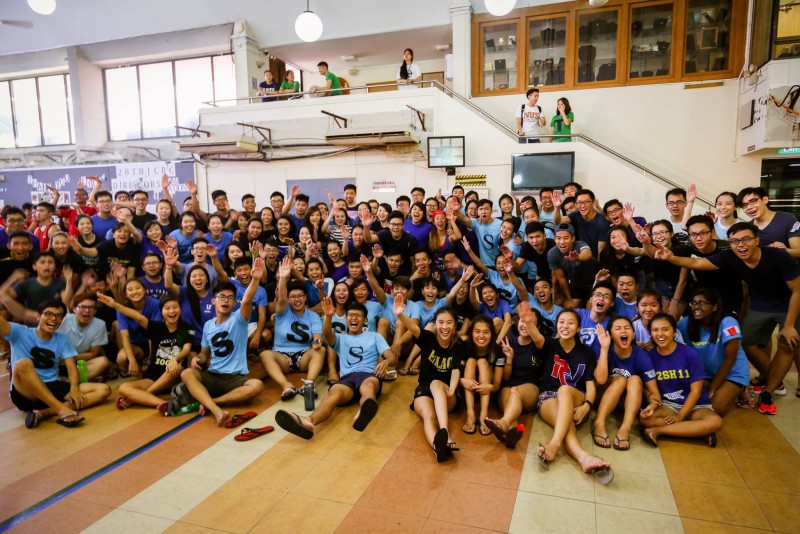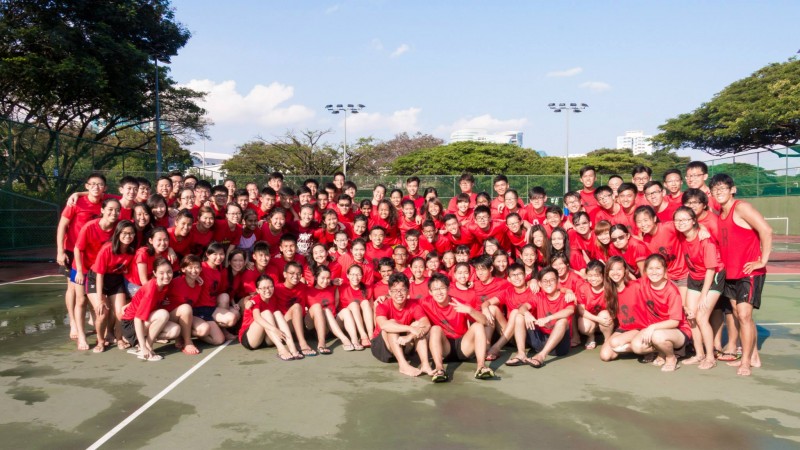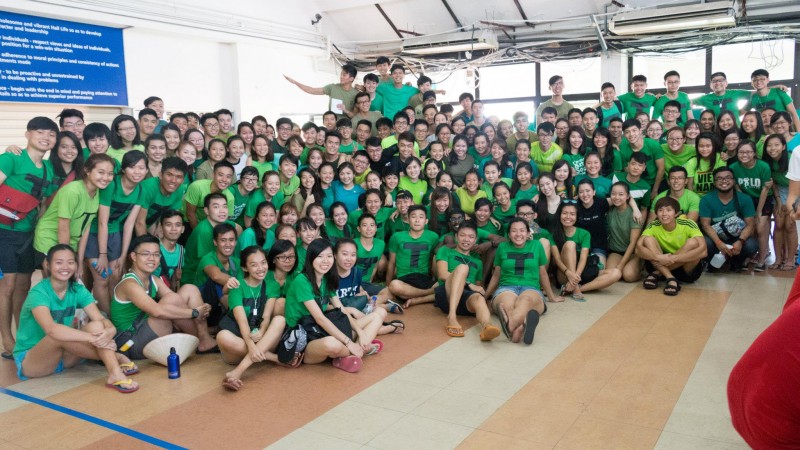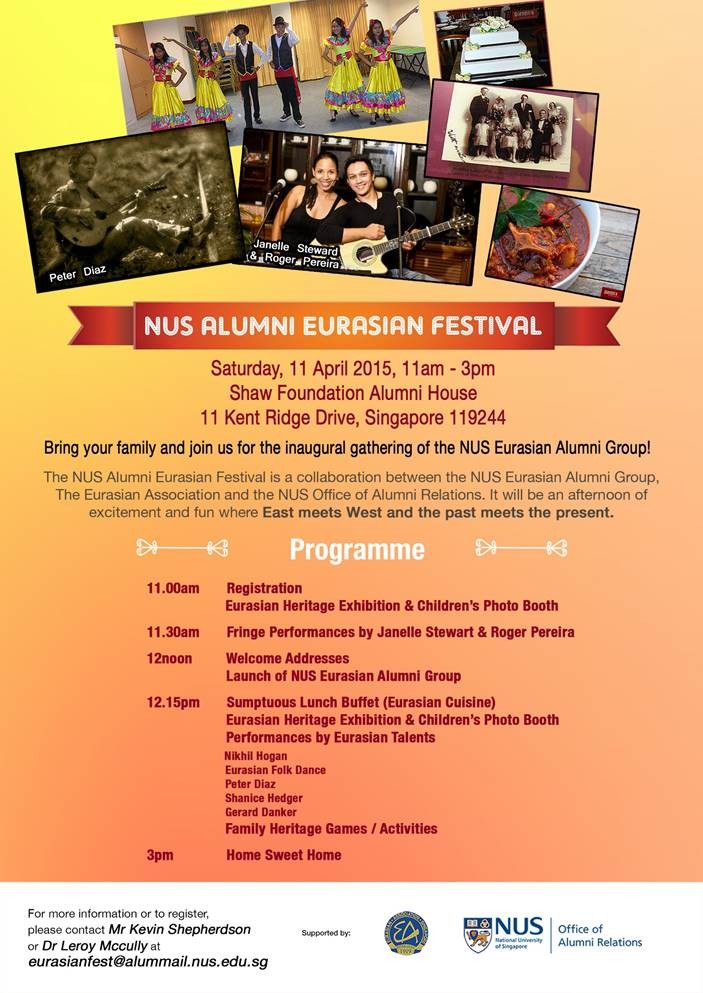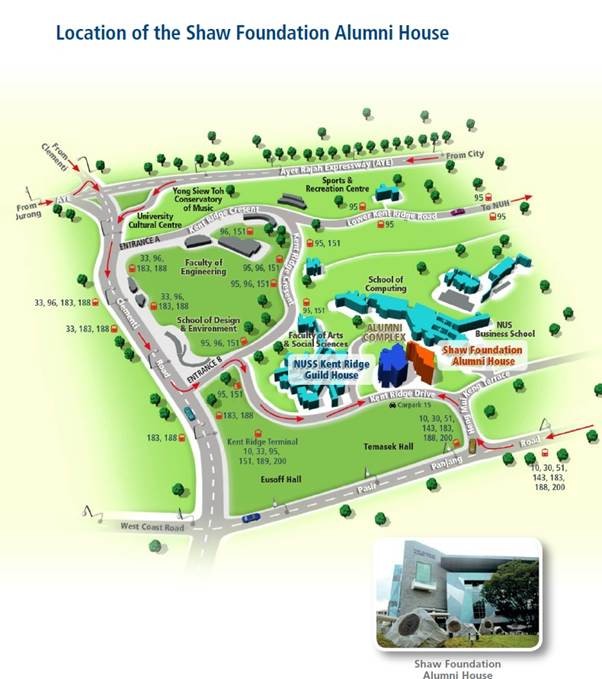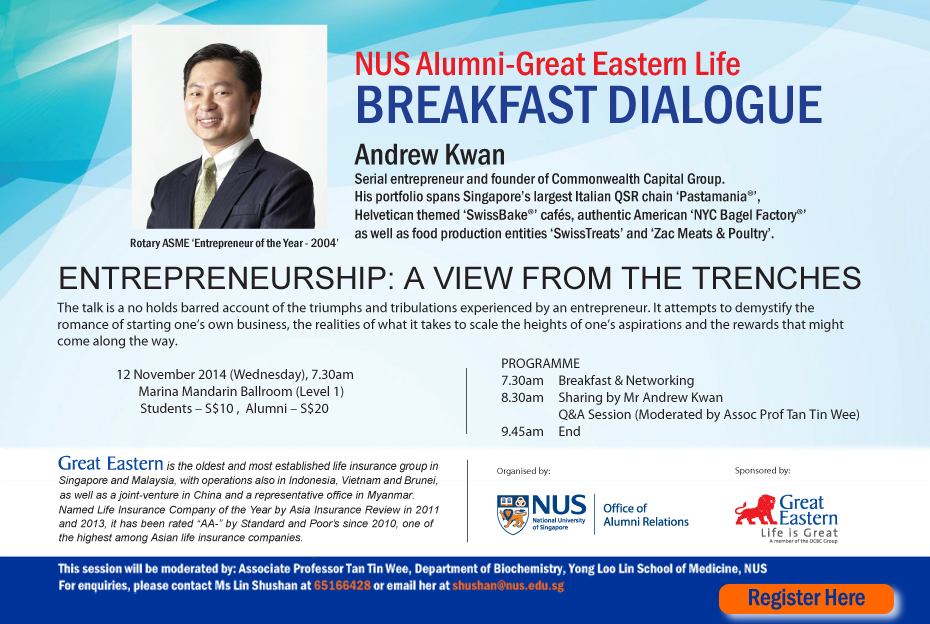
In an ever-changing landscape of information and communication technologies, Social Sciences has never been more important as it seeks to understand the dynamics of interactions within a society. For students who are particularly interested in this area of study, FASS offers a variety of programmes that will provide a solid understanding of these interactions.
Such programmes include Communications & New Media, Economics, Geography, Political Science, Psychology, Social Work and Sociology.
Communications & New Media
The Department of Communications and New Media recognises the ever-changing new media landscape that takes place worldwide and offers a flexible, innovative and dynamic programme that prepares their graduates exactly for that.
It is the only programme in Singapore and Southeast Asia that offers a concentration in communications and new media studies within a single department.
Students are often encouraged to take up modules outside the department and beyond FASS (e.g. School of Computing and the School of Business) to be more competent.
Students can select between modules such as NM3210 Cybercrime and Society where students will look into the growing usage of ICTs for illegal activities and its countermeasures and NM4230 Communication for Social Change where they will critically examine the role of collective learning, information sharing, public participation and dialogue in designing, implementing and evaluating communication strategies for social change.
To find out more about other modules, click here.
Economics
Offered by the Department of Economics, one of the largest and leading departments of Economics in the Asia-Pacific region, the programme comprises a wide range of specialised sub-fields of the discipline and esteemed faculty members dedicated to impart both knowledge and skills that are applicable to various employment sectors.
Some of the modules that the programme offers include FMA1202D Taking Risks: Economics, Psychology and Biology where students seek to understand how people take risks through the role of biology,
Students can also expect to examine the central business organisations, keiretsu and chaebols that brought economic success to Japan and Korea in EC3375 Economy and Business of Japan and Korea.
To find out more about other modules, click here.
Geography
Established as Asia’s leading Geography department, the Department of Geography offers modules that are organised along four areas of enquiry – environmental processes and change, global political economy, society and culture as well as regional specialisations (with a focus on Asia) and is equipped with the latest facilities to facilitate better learning.
Beyond theoretical learning, students get the chance to travel to countries in the region to conduct field work or take part in home-stays, visits to local universities and key sites of interests such as in GE3230A Field Studies in Geography: Southeast Asia – a module conducted over six weeks in Thailand in partnership with Chiangrai Rajabhat University.
Throughout the course of study, students will be introduced to the functions of the biophysical environment of the city state of Singapore in SSA2215 The Biophysical Environment of Singapore before moving on to explore the role of space in the interplay of different social groups in relation to daily life in GE3241 Geographies of Social Life.
To find out more about other modules, click here.
Political Science
The Department of Political Science, offers a growing number of module selections for students who are interested to specialise in comparative politics, international relations, political theory and public administration.
Students of Political Science are trained to be broad-minded and sophisticated thinkers through modules such as PS2249 Government & Politics of Singapore where they will examine the key areas in Singapore’s domestic politics and issues related to nation building and PS3237 Women & Politics where they will critically examine established political theories and ideologies concerned with gender equality and representation.
To find out more about other modules, click here.
Psychology
The Department of Psychology provides a comprehensive basic academic grounding in Psychology and hones the students’ empirical skills needed to undertake behavioural studies.
The curriculum comprises modules such as PL2131 Research & Statistical Methods which equips students with critical thinking and analytical skills for empirical research and FMA1201N Music on the Brain which provides an insight into the processes involved behind our reception to music.
To find out more about other modules click here.
Social Work
The Department of Social Work curated a programme framework that emphasises on the development of generic clinical expertise to ensure their graduates are ready for the social work profession at the direct-service level.
Students learn through cognitive and experiential knowledge in SW1101E Social Work: A Heart-Head-Hand Connection; visits to social service organisations is an integral and compulsory part of this module.
Students will also explore the nature of mental health and human dysfunction in SW3217 Mental Health and Illness and get a hand in developing their own public education campaign through copywriting, graphics and design, visual display and photography exercises in SW3203 Communication & Public Education.
To find out more about other modules, click here.
Sociology
The Department of Sociology offers a comprehensive curriculum comprising a rich diversity of modules that focuses on exciting contemporary issues, ranging from popular culture, media and communications, race and ethnic relations, gender and sexuality.
This rigorous curriculum trains the graduates to analyse and critique the social dimension applicable to various aspects of individual and group behaviour in different social settings and contexts so that they will develop a good understanding of sociology needed to analyse social phenomena.
In FMA1201Q Freshman Seminar: Love Actually? The Social Construction of Romantic Love, students will engage in critical understanding of romantic love and address the impact of class and stratification on contemporary societies in SC2204 Social Inequalities: Who Gets Ahead?
Students will also be able to do a comparative study on deviance in SC3229 Comparing Deviance: Perverts & Scandalous Improprieties.
To find out more about other modules click here.

